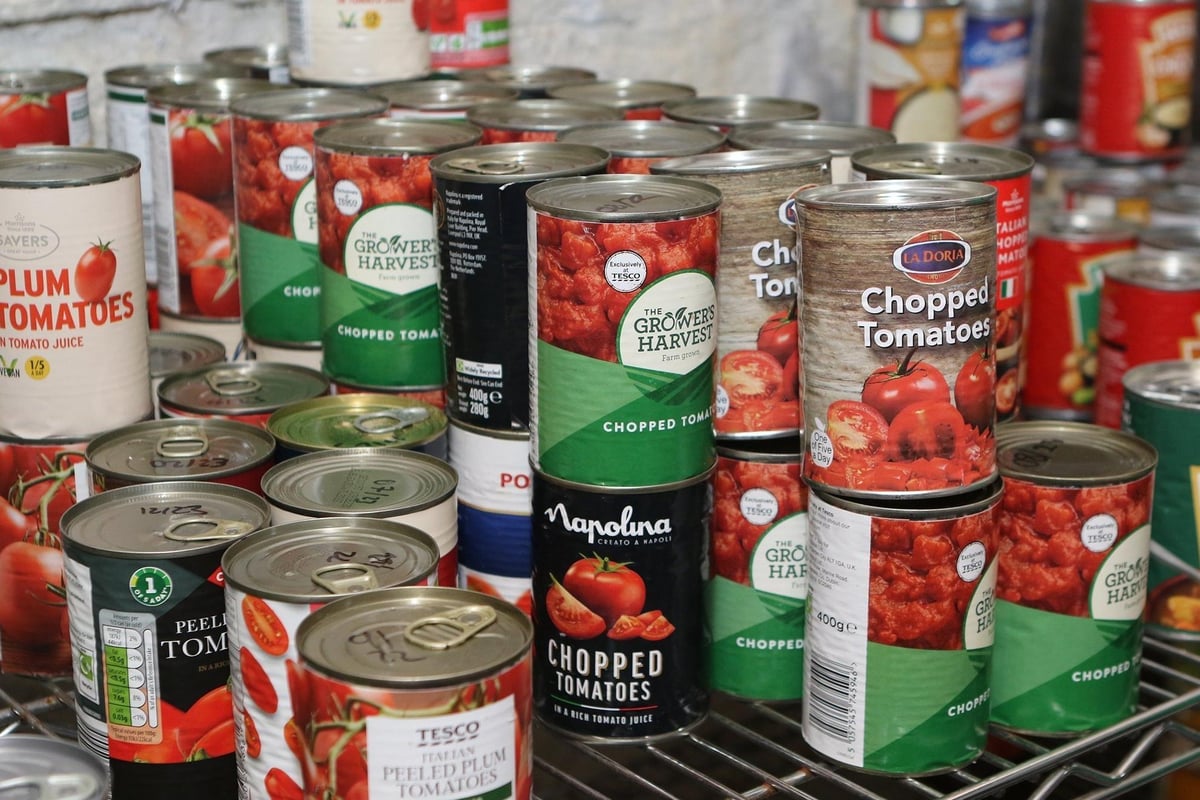Rising interest rates, inflation, threats of further cuts in public services to balance the books, all this is creating more problems, the worst of which will not come for several months.
It’s not just pointless, but bordering on negligent then, to be our fourth Chancellor since July (there were only three in total between the 1997 and 2016 elections).
At a time when people need serious help from a stable and accountable government, it’s hard to escape the feeling that everything is in total chaos.
It is also crucial to remember that in many ways “crisis” is the wrong word. The crisis conjures up images of an immediate short-term problem. That’s not really what we see.
While it is true that there are new circumstances (notably the war in Ukraine has driven up world gas prices, pushing up inflation and energy bills), it would be more accurate to say that what we let’s see is a worrying new peak in addition to a very long-term trend.
If you take wages, for example, then the truth is that in real terms, the overwhelming majority of people have had essentially flat wages for at least the last fifteen years. This at a time when other forms of support in the welfare state have been drastically reduced during the austerity period and other costs have risen.
The Church, along with many other civil society groups, does not need to know the statistics to recognize the reality – we have seen it in the demand for services, in the families in our communities who have become desperate and in the struggle to meet those needs.
In 2011, a survey of social action in the Church of England found that around a third of churches supported a food bank, this included a range of approaches, from hosting the food bank in the church, providing volunteers, regularly collecting food, providing funds and other approaches. By 2015, that figure had risen dramatically to about two-thirds of churches, as austerity cuts wiped out support from local authorities.
Last year, about four out of five churches supported a food bank. This includes the full range of churches from the city center to the countryside and from areas of great poverty to affluent areas.
We also know that it’s not just the number of food banks, but the demand for them. According to research from the latest Trussell Trust Hunger Report, food banks across the Trussell Trust network distributed 61,000 emergency food parcels in 2010/11, rising to 2.5 million in 2020/21. Needs have increased by 128% since 2015.
This reality of food banks has been with us for so long that I fear sometimes people have become immune to the horror of this reality. This in a country which, by world standards, is among the most developed and wealthy in the world and yet every year an increasing number of people cannot afford to feed themselves and their families.
Former Prime Minister Gordon Brown observed that something has changed in the fabric of our society. In the past, he says, the safety net was in the welfare state. Today, it’s food banks.
Of course, it’s not just the food that proves difficult. The cost of energy, even with government interventions, is going to prove prohibitive for many.
Often lost in the discussion of energy bills, poorer households on average spend a greater proportion of their income than wealthier ones on gas and electricity. Research from the Institute for Fiscal Studies indicates that while the poorest tenth of households spend an average of 4.8% of their income on gasoline, one tenth of this group spends 12% or more of their income on gasoline.
It is amazing in this context that there is even a discussion to be had about whether benefits should be increased in line with inflation. The alternative is simply to plunge large numbers of people into appalling poverty.
This winter, churches and other civil society groups will again do what they can to fill the gaps. We will provide even more food banks, open warm spaces for people to gather, run debt counseling services, credit unions, clothing banks, holiday clubs and all the other charitable businesses that have become the last safety net for too many people. But the fear is that we were already doing all of these things, and in many places these services were already stretched to the breaking point. The government is right to say that radical intervention is needed somewhere and soon – but above all it must seek to prevent even more families from falling into extreme poverty.
Ben Ryan is a political adviser to the Church of England.

